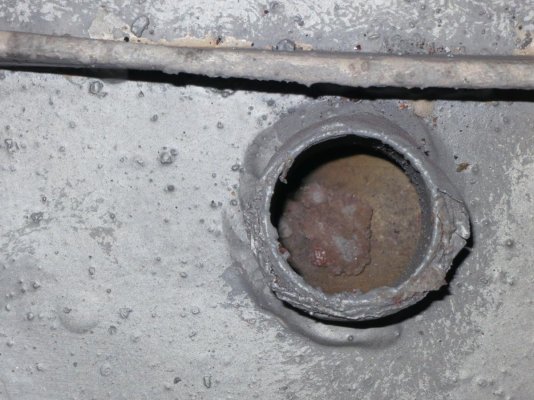Singleprop
Senior Member
- Joined
- Nov 10, 2007
- Messages
- 131
I thought that I had all bases covered. I then discovered that the construction vehicles are all using filters in their closed coolant systems (keel cooling).......
A bit of googling:...all articles are pretty much agreeing that these coolant filters are as important for the longevity of the engine as the fuel filtration and fuel polishing...
another search: unable to find any filters that relate to keel cooling, only found filters for industrial cooling systems and trucks with air cooling (small amount of cooling liquid).
So the questions are: are these filters relevant for a keel cooled engine, what brand/filter are recommend and how would these filters be installed on a keel cooled engine?
A bit of googling:...all articles are pretty much agreeing that these coolant filters are as important for the longevity of the engine as the fuel filtration and fuel polishing...
another search: unable to find any filters that relate to keel cooling, only found filters for industrial cooling systems and trucks with air cooling (small amount of cooling liquid).
So the questions are: are these filters relevant for a keel cooled engine, what brand/filter are recommend and how would these filters be installed on a keel cooled engine?


